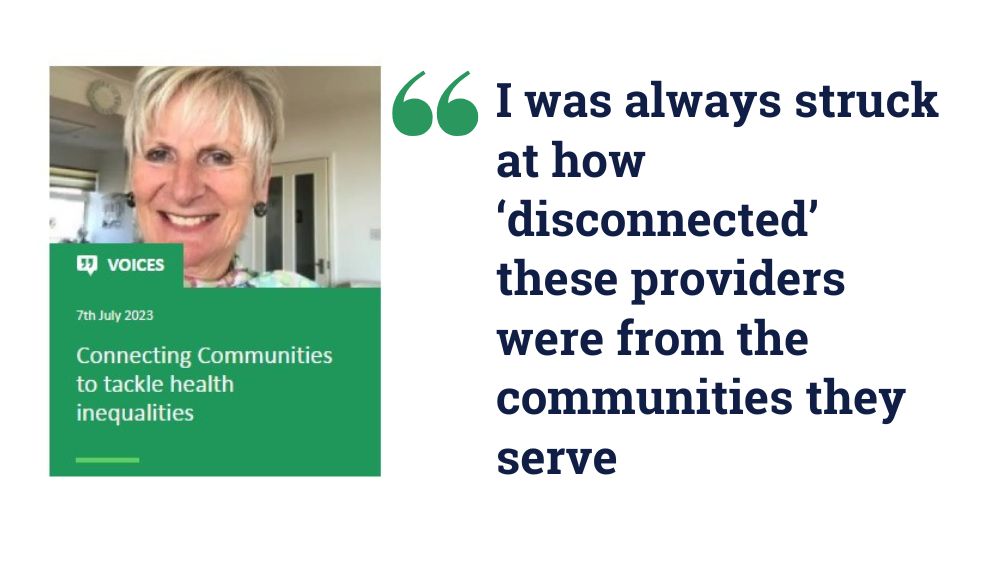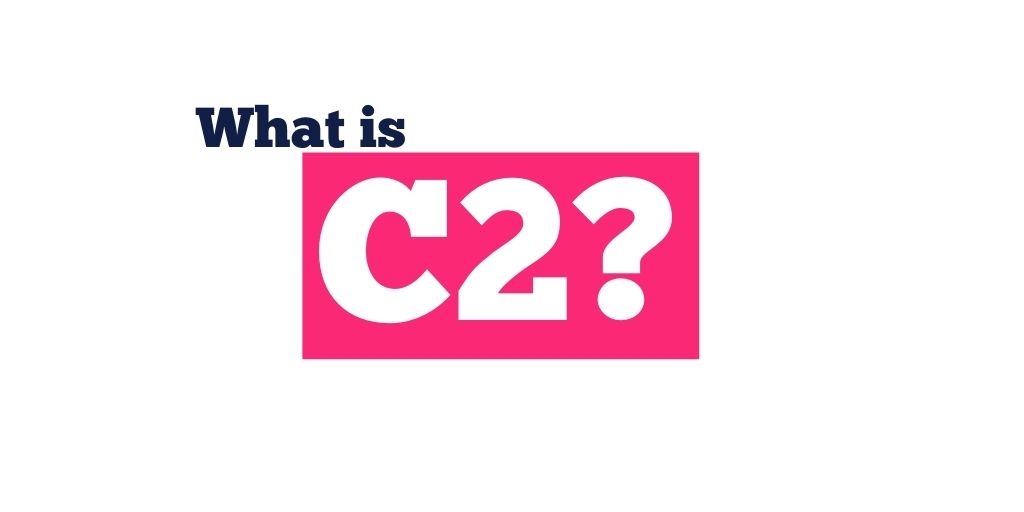There are many green shoots, and many fellow pioneers, but C2 founder Hazel Stuteley is still angry.
As part of the 75th anniversary, C2 founder, engine house, warm cuddle and rod of steel, Hazel Stuteley was asked to write a piece about C2 for IHV.org.uk, the website for the Institute of Health Visiting.
Health inequalities
Hazel was a Health Visitor, and spotted health inequalities when she first started training in the late ’60s. And it made her angry.
First in Lewisham, then in Cornwall, Hazel worked to combat those health inequalities. “To truly understand what could bring wellness to an entire community,” she says in the article.
It all came together in what became known as the Beacon Community Regeneration Partnership.
Before buzz words
The spurned her on the aim to tackle health inequalities at source, within the NHS. And she and C2 were pioneers of creating placed-based community development, before it became a buzz word.
Hazel talks about those who shared, and continue to share, that pioneering zeal. One is Lord Crisp, former chief executive of the NHS, who has penned his own reflection of his time there for the BMJ. And Michael Marmot, who continues to highlight the ongoing impact of health disparities.
As IHV points out, Hazel was awarded an OBE in 2001 for services to the community of Falmouth. And in 2013, the Health Service Journal listed her in the top 10 most influential and innovative NHS clinical leaders in the country.
Lost opportunities
The article is a timely reminder of what health creation can do both without and within the NHS to help establish well-ness within communities. But there’s also the anger at foot-dragging, political (small and big ‘p’) manoeuvring and decades of lost opportunity.
“There’s lots more I could have said,” Hazel told C2. “It’s one of the flip sides of having been around forever!”
Read Connecting Communities to tackle health inequalities, by Hazel Stuteley on the IHV site



